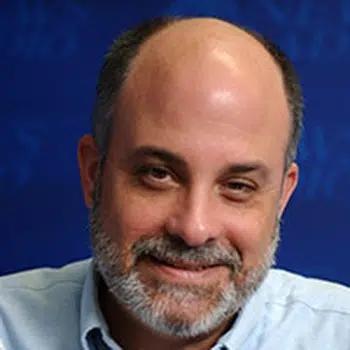
PHOTO: Courtesy of WLUK
(WTAQ-WLUK) — As the Harris-Walz campaign celebrates passing the $1 billion fundraising threshold, we previously reported on why money is so important to a campaign and where it’s spent.
But all that money doesn’t come from individual voters. Often, it comes from major for-profit corporations.
“If you want to know why Harris was able to raise a billion dollars, and why she felt she needed a billion dollars, you look to the Citizens United case,” says Jerald Podair, a history professor at Lawrence University.
The 2010 U.S. Supreme Court Citizens United v. FEC decision ruled corporations and other groups can spend unlimited funds on campaign advertising, so long as they aren’t directly working with a candidate or party. This is otherwise known as a Super Political Action Committee, or Super PAC.
PACs, on the other hand, can only accept and spend limited amounts of money on contributions to candidates or parties.
“[The Supreme Court] base their ruling on free speech, and there’s an argument to be made for that, when you write a check it’s a form of speech and obviously you have a First Amendment, so the Supreme Court interpreted a check to a political action committee as speech, which you cannot restrict, and corporations which are referred to as people, persons under the law, they can do it, labor unions can and do do it. If you want to know why these numbers have gotten so high is the Citizens United case,” Podair says.
“We don’t believe that corporations are people or that money equals speech,” says Betty Kossik, an advocate with the Wisconsin United to Amend— a group whose goal it is to overturn Citizens United.
The group believes the ruling encourages corruptive influence, leading the government to serve the wealthy with special interests instead of the American people.
“We have corporations and billionaires, single billionaires, who are influencing senators and any candidate up and down the ballot, from presidential candidates down to your local school board,” Kossik adds.
So far this election cycle, outside groups have spent $336 million to support Harris, including through PACs and Super PACs.
Outside groups have spent $335 million to support Trump through those same means, which is more than the campaign committee itself has raised.
Podair says the Citizens United ruling hangs over major elections.
“The alternative is to do all public financing of political campaigns, you cannot spend your own money, you cannot spend other people’s money. . . and you spend that money the way you wish to spend it and when that money is gone, it’s over,” he says. “That of course creates problems as well; free speech, free expression. Do we really want to start regulating it?”
Although candidates can’t control the messaging put out by PACs and Super PACs, it’s still advertising that supports their campaigns. But Kossik believes it does more harm than good.
“People are spending a heck of a lot of money that they don’t need to spend, so we’re wasting money, billions of dollars that could be put into better options, right?” Kossik says.





Comments